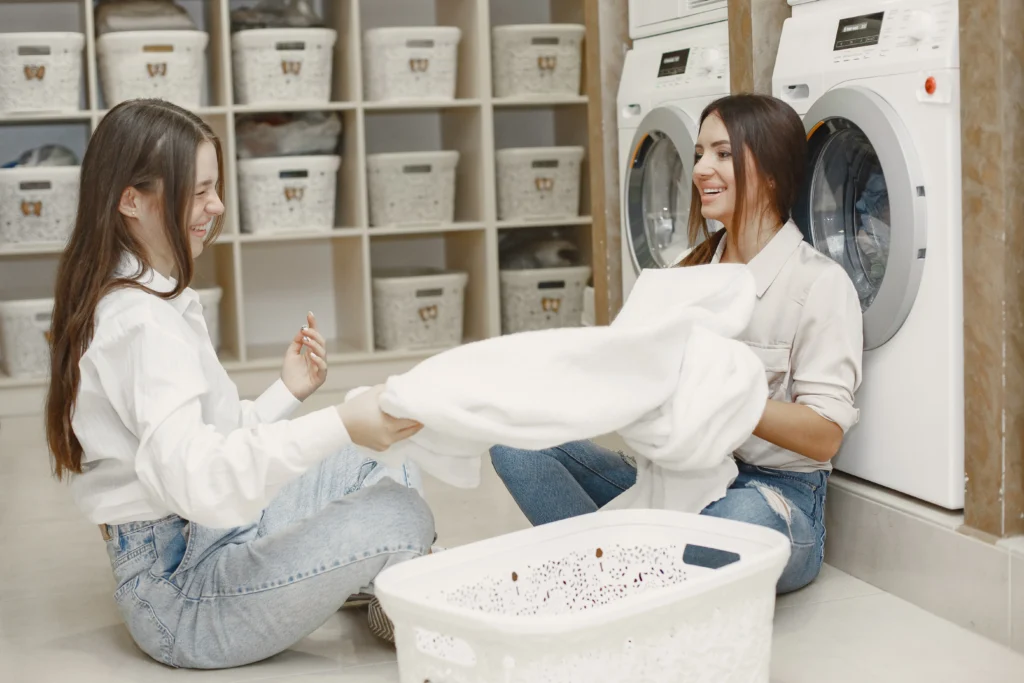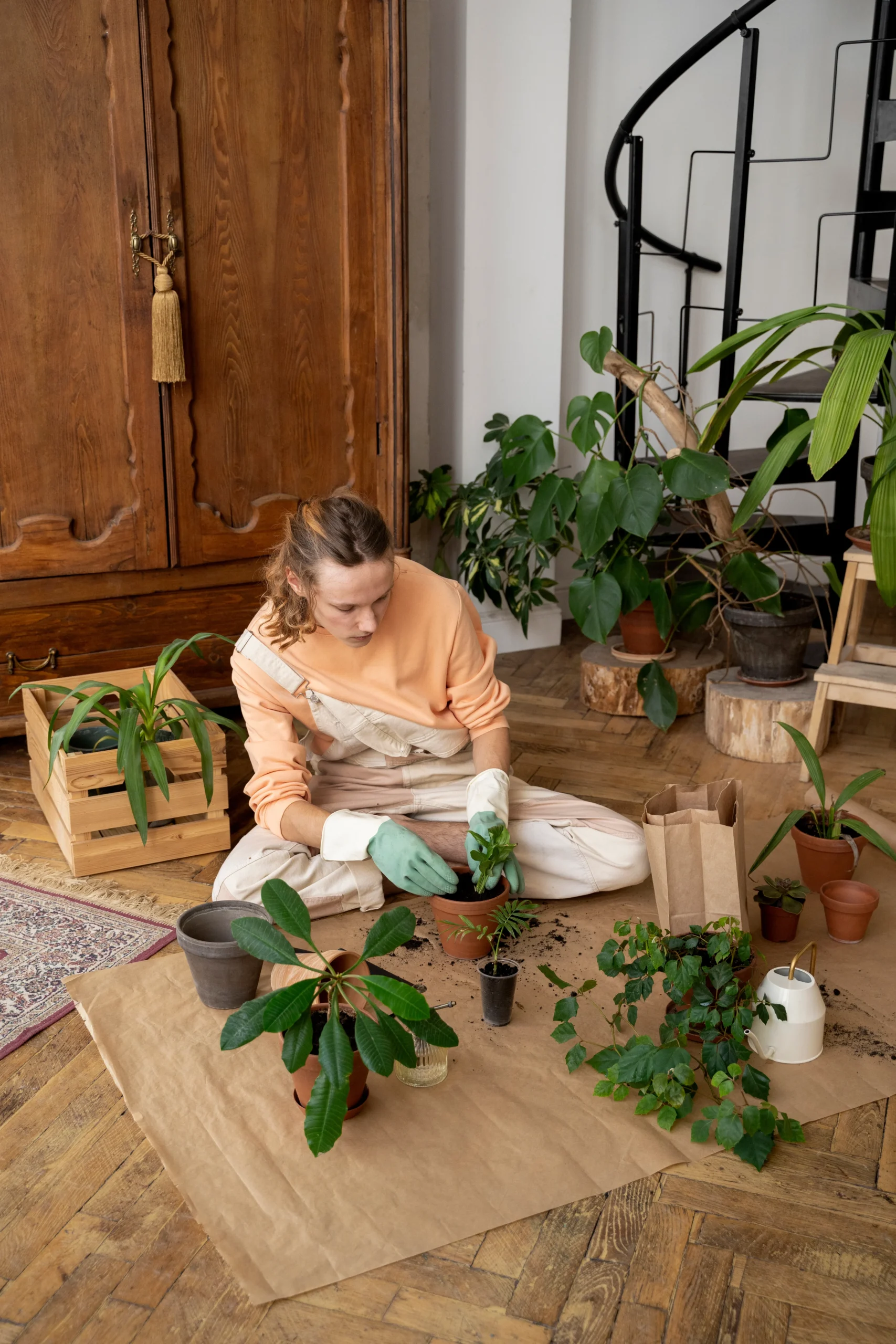Most of us don’t think twice about laundry. Toss in clothes, add detergent, throw in a dryer sheet, and move on. But beneath that routine are chemicals, costs, and environmental consequences that few households consider.
Dermatologists warn about skin irritations. Environmentalists point to mountains of waste. Economists highlight the rising costs of disposable products.
So what’s the alternative? Experts in sustainability and wellness agree: small, natural swaps are the easiest place to begin. One of the most widely recommended? Replacing chemical dryer sheets with natural wool dryer balls.
The Problem with Dryer Sheets
The U.S. Environmental Protection Agency reports that dryer sheets and softeners contribute to volatile organic compound (VOC) emissions in indoor.
Dryer sheets are coated with synthetic fragrances, softeners, and preservatives. Studies have linked these chemicals to respiratory irritation and skin sensitivity. A single household can discard hundreds of dryer sheets annually, all made from polyester (plastic fibers) that do not biodegrade. Families may spend $100–150 yearly on single-use sheets that add nothing to fabric life.
Why Experts Recommend Wool Alternatives

- Dermatologists: Suggest chemical-free options for people with eczema, sensitive skin, or children.
- Environmental Scientists: Recommend reusable wool dryer balls to reduce landfill waste and carbon emissions.
- Economists & Eco-Bloggers: Highlight that reusable products save families hundreds of dollars over their lifespan.
Comparing the Two Approaches
| Feature | Dryer Sheets | Wool Dryer Balls |
| Lifespan | Single-use | 1,000+ loads |
| Chemicals | Synthetic fragrances, preservatives | 100% natural wool |
| Cost Over Time | $100–150 per year | ~$20 once every 2–3 years |
| Environmental Impact | Non-biodegradable waste | Compostable, reusable |
| Skin Safety | Possible irritants | Hypoallergenic |
The Science of How Wool Dryer Balls Work
The U.S. Department of Energy estimates that clothes dryers use more energy than refrigerators. Cutting drying time even slightly results in measurable carbon and utility savings, as
- Wool is naturally absorbent: it pulls moisture away, reducing drying time by up to 25–30%.
- Constant movement separates clothes, preventing wrinkles and static cling.
- Unlike chemical coatings, wool fibers soften fabrics naturally by gentle friction.
What Families Say
Instead of ads, let’s look at community recommendations:
- Parents’ Groups: Report fewer skin rashes in children after ditching dryer sheets.
- Eco Communities: Praise the “zero-waste” factor and how wool dryer balls last for years.
- Budget Forums: Show calculations of how a one-time switch reduces long-term household expenses.
Adding Joy to Sustainability
Unlike plain dryer balls, some eco-friendly brands add playful designs or characters that make sustainable living fun—especially for families with kids. Turning laundry from a chore into a mindful, even joyful ritual encourages long-term behavior change.
The Ripple Effect
Making a single eco-conscious choice often leads to broader changes:
- Families who start with dryer balls may move to natural detergents, composting, or plastic-free kitchen products.
- A household that saves on utility bills from shorter drying cycles can redirect funds to other health-conscious choices.
- Sustainable routines inspire conversations with children, teaching them responsibility for the planet.
Addressing Common Questions
- Do wool dryer balls shed fibers? High-quality ones don’t.
- Are they safe for allergies? Yes, they’re hypoallergenic and fragrance-free.
- What if I miss the scent of dryer sheets? Add a drop of essential oil (like lavender or citrus) to a ball for natural fragrance.
Why This Small Swap Matters
In the grand scheme, laundry may feel minor compared to climate change or mental health crises. But experts emphasize that everyday habits form the backbone of cultural shifts. A household with healthier, safer laundry is one that models sustainability, health, and responsibility.
If you’re overwhelmed by the idea of sustainable living, start with laundry. The expert consensus is clear: natural wool dryer balls are safer for your skin, cheaper for your wallet, and kinder to the earth.
This feature was developed by Mindful EF to raise awareness about safer household choices and eco-friendly living. Recommendations are based on publicly available expert opinions and sustainability research. For more information and resources, visit MindfulEF.org.


